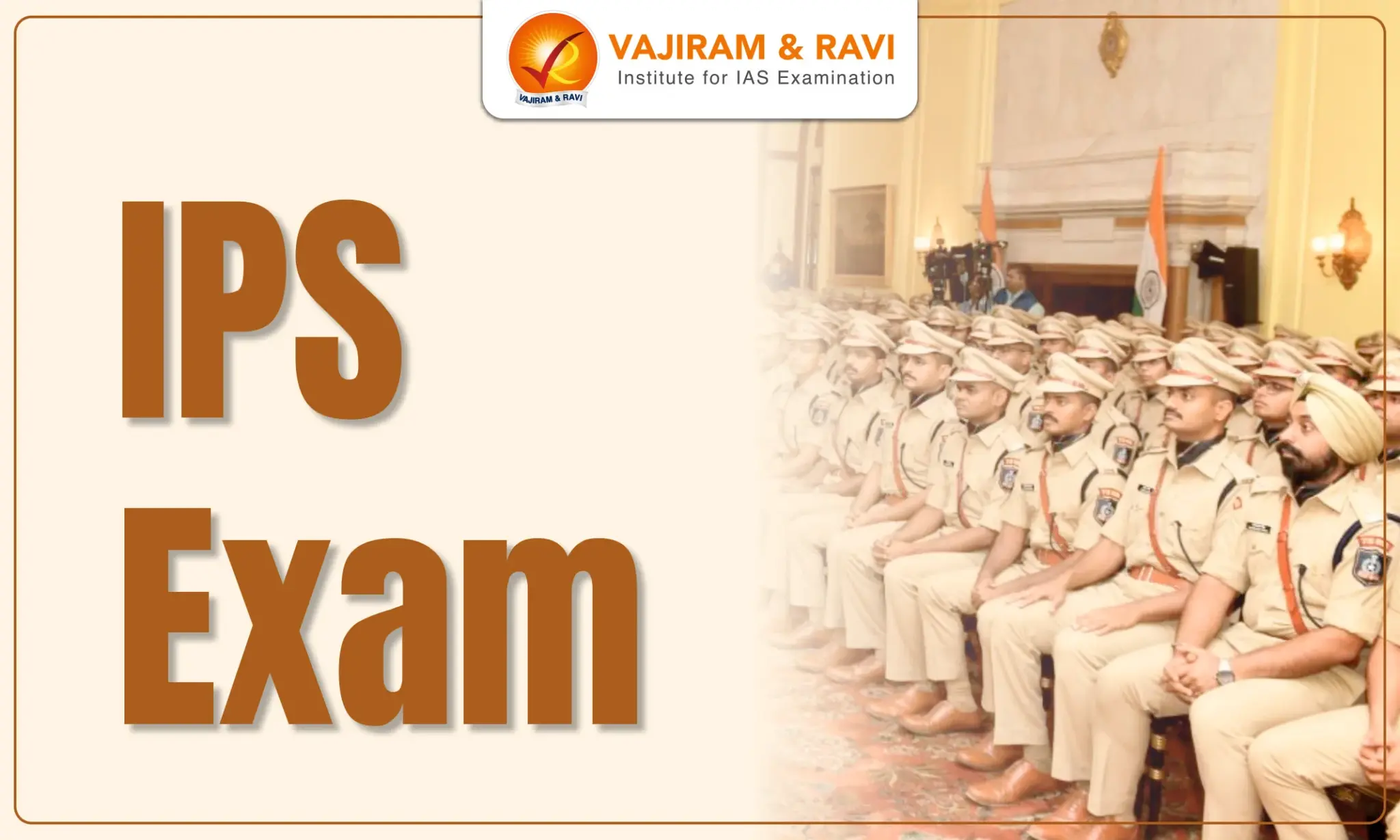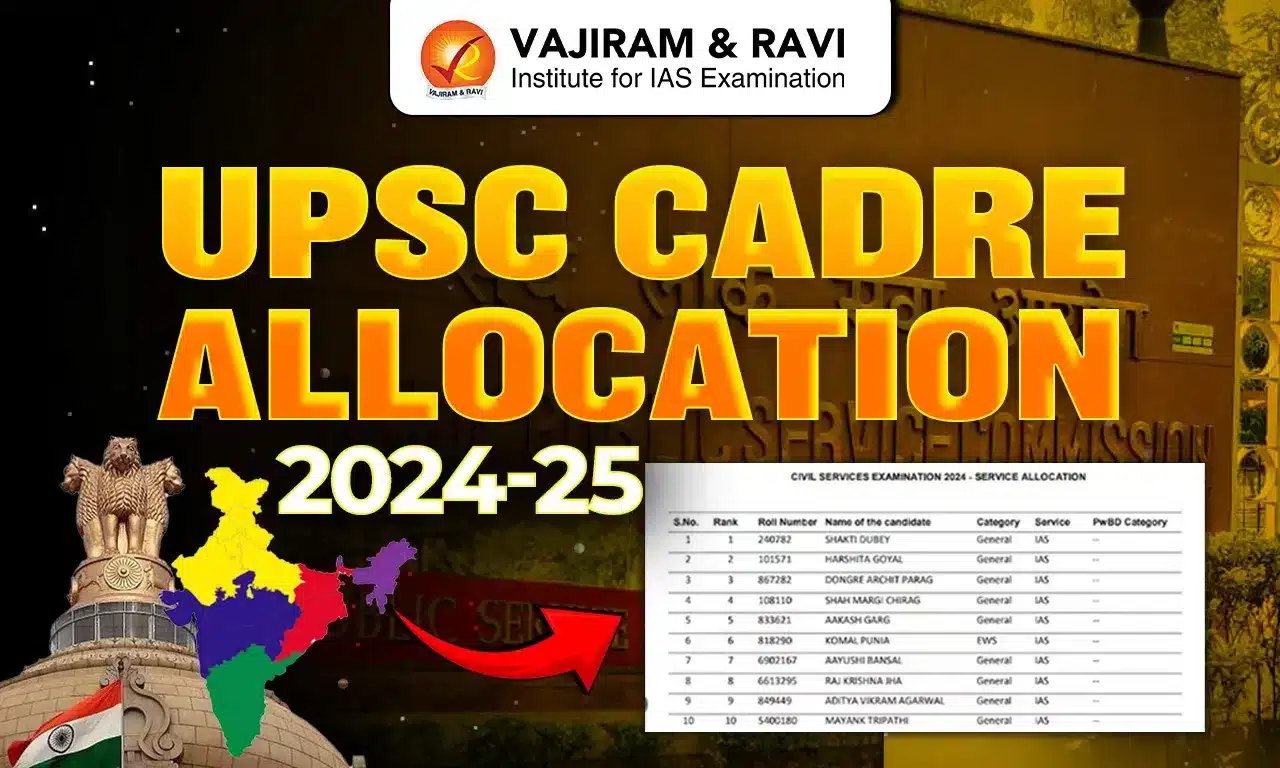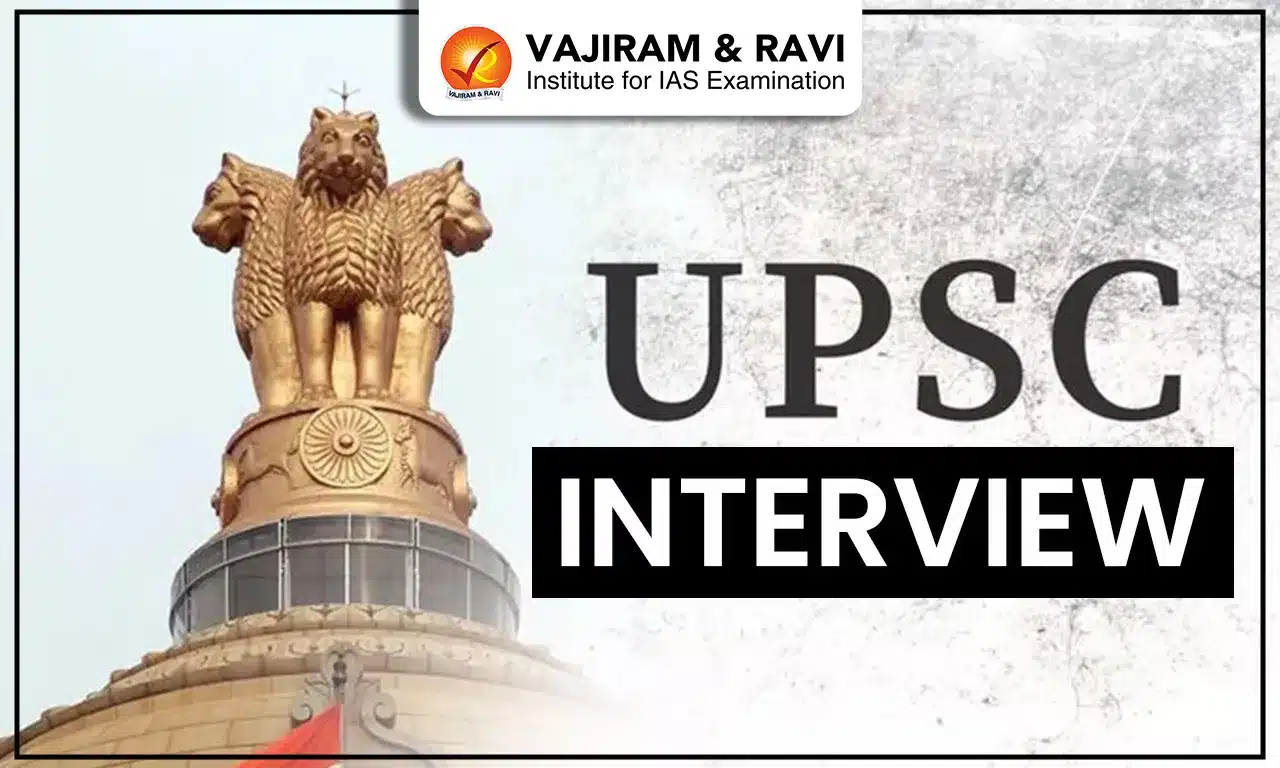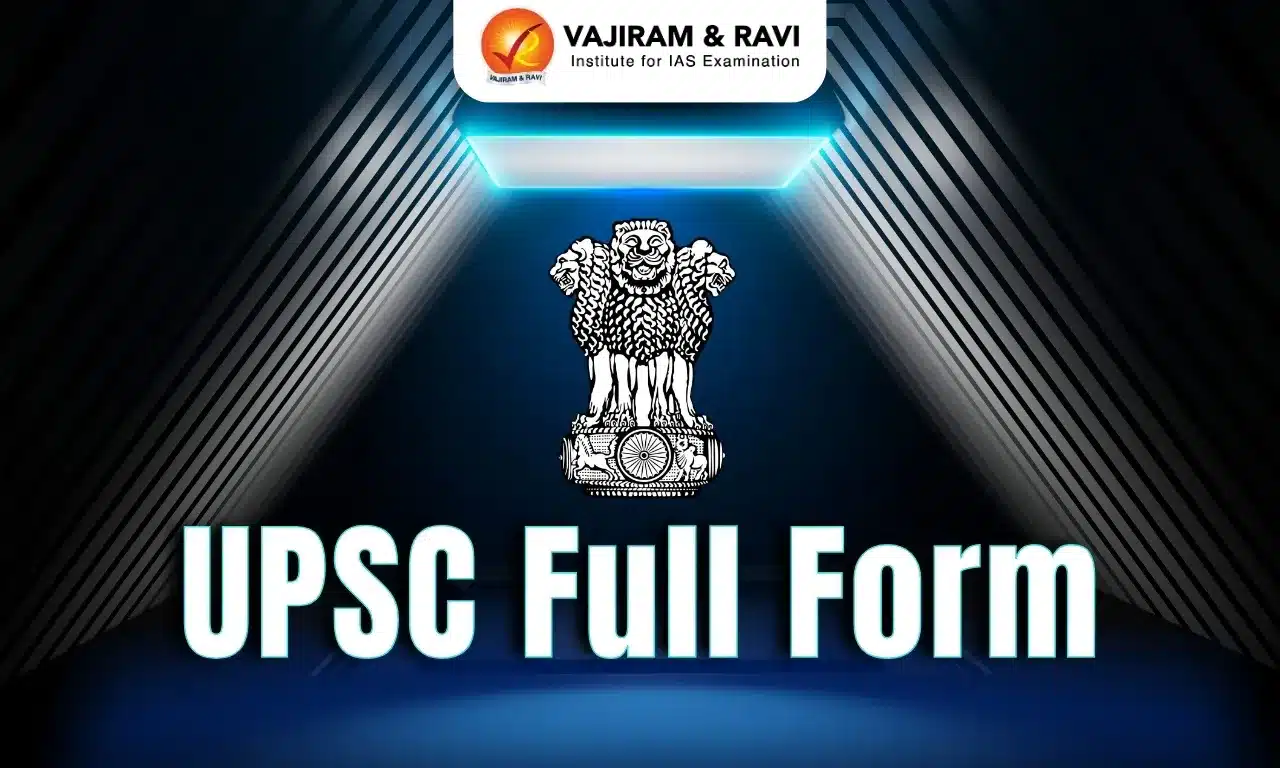The Union Public Service Commission will be officially releasing the IPS Notification 2025 online on January 22, 2025 on their official website. Candidates can download the UPSC IPS Notification 2025 from upsc.gov.in. Interested candidates for the most awaited IPS Exam 2025 can refer to the article below to have insights of each aspect including UPSC CSE Application Process, Admit Card, Syllabus and other details.
UPSC CSE Exam 2025
The Civil Service Exam is the most awaited and prestigious exam conducted by the UPSC for recruiting various eligible candidates for various positions such as Indian Administrative Service (IAS), Indian Police Service (IPS), Indian Foreign Service (IFS), Indian Revenue Service (IRS) and Indian Audit and Accounts Service (IAAS). The exam consists of 3 stages, Prelims, Mains, and Interview. The official UPSC Calendar 2025 will be released soon in the third week of January 2025. Keep reading the article to know the details related to UPSC IPS Exam 2025.
IPS Exam 2025 Overview
The UPSC Recruitment 2025 aims to fill various Group A and Group B positions in the Indian government, such as IAS, IPS, IFS, and IRS officers. The IPS Selection Process 2025 involves three stages, and it is important to understand the details of each stage to prepare effectively. Below in the table we have shared the IFS Exam 2025 Overview:
|
IPS Exam 2025 Overview |
|
|
Particulars |
Details |
|
Exam Name |
Civil Services Examination (CSE) |
|
Organising Body |
Union Public Service Commission (UPSC) |
|
Official website |
upsc.gov.in / upsconline.nic.in |
|
UPSC IPS Vacancy 2025 |
To Be Announced |
|
Exam Level |
National |
|
Exam stages |
|
|
Mode of exam |
Offline |
|
Number of Papers |
Preliminary - Two papers Mains - Nine Papers |
|
Duration of Exam |
Preliminary - Each paper is of 2 hours Mains - Each paper is of 3 hours |
|
Language of exam |
Prelims - English and Hindi |
|
Application fee Prelims |
Rs 100 |
|
Exam Centres |
For Preliminary exam - To Be Announced For Mains exam - To Be Announced |
IPS Vacancy 2025
Candidates who clear all the three stages of the UPSC CSE Exam 2025 will be appointed for various government positions . UPSC Posts are categorized into two types, All India Posts and posts in Central services. Below is a List of Civil Services Posts:
- Indian Administrative Services (IAS)
- Indian Police Service (IPS)
- Indian Forest Services (IFoS)
- Indian Foreign Services (IFS)
- Indian P & T Accounts & Finance Service, Group ‘A’
- Indian Audit and Accounts Service, Group ‘A’
- Indian Revenue Service (Customs and Central Excise), Group ‘A’
- Indian Defence Accounts Service, Group ‘A’
- Indian Revenue Service (I.T.), Group ‘A’
- Indian Ordnance Factories Service, Group ‘A’ (Assistant Works Manager, Administration)
- Indian Postal Service, Group ‘A’
- Indian Civil Accounts Service, Group ‘A’
- Indian Railway Traffic Service, Group ‘A’
- Indian Railway Accounts Service, Group 'A'
- Indian Railway Personnel Service, Group ‘A’
- Post of Assistant Security Commissioner in Railway Protection Force, Group ‘A’
- Indian Defence Estates Service, Group ‘A’
- Indian Information Service (Junior Grade), Group ‘A’
- Indian Trade Service, Group 'A'
- Indian Corporate Law Service, Group ‘A’
- Armed Forces Headquarters Civil Service, Group ‘B’ (Section Officer’s Grade).
- Delhi, Andaman & Nicobar Islands, Lakshadweep, Daman & Diu and Dadra & Nagar Haveli Civil Service, Group 'B'
- Pondicherry Police Service, Group ‘B’
- Pondicherry Civil Service, Group 'B'
- Delhi, Andaman & Nicobar Islands, Lakshadweep, Daman & Diu and Dadra & Nagar Haveli Police Service, Group 'B’
| Also Check | |
| IPS Exam | IPS Full Form |
| IPS Eligibility | IPS Salary |
| List of Famous IPS Officers in India | IAS vs IPS |
UPSC IPS Important Dates 2025
The Union Public Service Commission will release the UPSC IPS Important Dates 2025 in the UPSC Calendar 2025. Candidates can find the dates in the table below to get prepared according to the timeline.
| UPSC IPS Important Dates 2025 | ||
|
Events |
Prelims |
UPSC CSE Mains exam date |
|
UPSC CSE Notification 2025 |
January 22, 2025 |
January 22,2025 |
|
UPSC IPS Apply Online 2025 |
January 22, 2025 |
To be announced |
|
Last date to fill UPSC CSE application form |
February 11, 2025 |
To be announced |
|
Application form withdrawal window |
To be announced |
To be announced |
|
UPSC IPS Admit Card 2025 |
To be announced |
To be announced |
|
UPSC IPS 2025 exam date |
May 25, 2025 |
August 22, 2025 |
|
Declaration of UPSC IPS Result 2025 |
To be announced |
To be announced |
|
IPS 2025 Personality Test |
To be announced |
|
|
Civil Services Result 2025 |
To be announced |
|
UPSC IPS Application Form 2025
The conducting body will be releasing the UPSC IPS Application Form 2025 on the official website on January 22, 2025. Aspirants planning to attempt the UPSC CSE Exam 2025 should ensure that they fulfil the UPSC IPS Eligibility Criteria 2025 before filling out the form. The UPSC IPS Apply Online process includes 2 stages, One Time Registration (OTR) and the UPSC CSE Application Form 2025. The last day to submit the application form is on February 11, 2025.
The UPSC IAS Application Form 2025 is available online on upsconline.nic.in. The UPSC IPS Application Fees 2025 is Rs 100 for general category candidates. Reserved category aspirants are exempt from paying the Civil Services exam fee.
Steps to Apply Online for UPSC IPS Exam 2025
Aspirates should follow the Steps to Apply Online for UPSC IPS Exam 2025 which are mentioned below:
Step 1: Visit the official UPSC website, upsconline.nic.in.
Step 2: Complete one time registration (OTR process)
Step 3: In case you have already completed your OTR, log in to the website using your credentials.
Step 4: After logging in, check your dashboard and click on the UPSC IPS Apply Online 2025 link.
Step 5: Fill out the application form following the instructions mentioned.
Step 6: Upload the necessary documents online.
Step 7: Pay the application fee
Step 8: Submit the form
UPSC IPS Eligibility Criteria 2025
UPSC IPS Eligibility Criteria 2025 are mentioned in the official notification. According to the latest notification, to appear for the UPSC Exam 2025, candidates needs to meet the following eligibility criteria:
UPSC IPS Age Limit 2025
The UPSC IPS Age Limit 2025 varies based on their category. The general age limit is between 21-32 years on the 1st of August, 2025 i.e., the candidate must have been born not earlier than 2nd August, 1993 and not later than 1st August, 2004.
UPSC IPS Age Relaxation 2025
- Candidates belonging from the scheduled caste background have the relaxation of 5 years.
- Candidates belonging to Other Backward Classes can avail the relaxations up to a maximum of three years.
- In the case of Defence Services Personnel disabled in operations during hostilities with any foreign country or in a disturbed area and released as a consequence has the relaxation of up to 3 years.
- Ex-servicemen with at least five years of military service as of August 1, 2024, may receive up to five years of age relaxation if released due to assignment completion, service-related disability, or invalidment.
- PwBD candidates are eligible for up to 10 years of relaxation for disabilities like visual, hearing, locomotor, intellectual, and multiple disabilities, including deaf-blindness.
UPSC IPS Education Qualification 2025
- A candidate must hold a graduate degree from a recognized university or an equivalent qualification.
- Candidates awaiting results of a qualifying examination or planning to appear for it are eligible for the Preliminary Examination but must provide proof of passing before the Main Examination.
- The Commission may also accept candidates with other qualifications deemed equivalent.
- Professional and technical qualifications recognized by the government are also acceptable.
Number of Attempts
Candidates fulfilling the eligibility criteria for the Civil Services Examination (CSE) are allowed up to six (6) attempts to clear the exam. However, certain categories, including SC/ST, OBC, and PwBD candidates, get a relaxation in the maximum number of attempts. The specific number of attempts permitted for these categories, as per the relaxation rules, is mentioned below in the table:
| Category to which the Candidate Belongs |
SC/ST |
OBC |
PwBD |
| Number of Attempts |
Unlimited |
09 |
09 for GL/EWS/OBC Unlimited for SC/ST |
UPSC IPS Exam Pattern 2025
The UPSC CSE Exam 2025 consists of three stages: Prelims, Mains, and the Personality Test (Interview). Aspirants planning to attempt the upcoming Civil Services Examination, it’s essential to be updated with the UPSC IPS Exam Pattern 2025.
UPSC IPS Exam Pattern 2025 for Prelims
The UPSC Prelims Exam is divided into two key components: General Studies Paper 1 (GS Paper 1) and the Civil Services Aptitude Test (CSAT), also known as GS Paper 2.
- Both the papers are objective type (multiple choice questions) and each will be of two hours duration.
- The General Studies Paper-II of the Civil Services (Preliminary) Examination will be a qualifying paper with minimum qualifying marks fixed at 33%.
- The question papers will be in Hindi and English.
|
UPSC IPS Exam Pattern 2025 for Prelims |
||||
|
Papers |
Subjects |
No. of questions |
Total Marks |
Duration |
|
Paper 1 |
General Studies (GS) |
100 |
200 |
2 hours |
|
Paper 2 |
CSAT |
80 |
200 |
2 hours |
|
Total |
180 |
400 |
4 hours |
|
UPSC IPS Exam Pattern 2025 for Mains
The UPSC Mains Exam 2025 includes mandatory and optional papers. This stage includes the language assessments, essay writing, general studies, and specialized optional subjects. The Mains exam comprises nine papers, of which two are qualifying in nature.
- Paper 1 (Language Paper) and Paper 2 (English language) are qualifying in nature with 300 marks each. The minimum qualifying marks in papers 1 and 2 is 25%.
- Each paper is having 3 hours (180 minutes) duration.
- The subject-wise papers consist of 250 marks.
- In case you don't qualify in Paper 1 and Paper 2, the rest of the mark sheets will not be evaluated and the applicant will be declared disqualified/failed.
|
UPSC IPS Exam Pattern 2025 for Mains |
|||
|
Papers |
Subjects |
Marks |
Duration |
|
Paper A |
Any Indian language (compulsory) – [Qualifying paper] |
300 |
3 hours |
|
Paper B |
English – [Qualifying paper] |
300 |
3 hours |
|
Paper I |
Essay (you can choose to write it in a medium of your choice) |
250 |
3 hours |
|
Paper II |
General Studies 1 (Indian and World History, Culture, Heritage, Geography) |
250 |
3 hours |
|
Paper III |
General Studies 2 (Polity, Constitution, Governance, International Relations & Social Justice) |
250 |
3 hours |
|
Paper IV |
General Studies 3 (Economic Development, Technology, Disaster Management & Security, Biodiversity) |
250 |
3 hours |
|
Paper V |
General Studies 4 (Aptitude, Ethics, & Integrity) |
250 |
3 hours |
|
Paper VI |
Optional Subject: Paper 1 |
250 |
3 hours |
|
Paper VII |
Optional Subject: Paper 2 |
250 |
3 hours |
UPSC IPS Syllabus 2025
The Union Public Service Commission (UPSC) has officially released the UPSC Syllabus 2025 on its website. The syllabus is divided into two main stages: the Prelims and the Mains Exam.
UPSC IPS Selection Process 2025
The UPSC IPS Selection Process 2025, administered by the Union Public Service Commission, plays a key role in identifying candidates for prestigious government roles in India. Every year, the Commission conducts the Civil Services Examination to assess potential candidates for various Civil Services positions. The UPSC IPS Selection Process 2025 is structured into three major phases, spanning roughly one year:
- Preliminary Examination
- Main Examination
- Personal Interview
|
UPSC Selection Process 2025 |
|||
|
Stage Name |
Nature |
Total Marks |
Purpose |
|
Preliminary Examination |
Qualifying in nature |
400 |
Selected candidates are to appear for UPSC Main Examination |
|
UPSC Main Examination |
Marks included in the merit list |
1750 |
Descriptive in nature. Consists of 9 subjective exams- essay, 4 GS, 2 Optional and 2 compulsory language papers |
|
Personality Test |
Scores considered for merit list |
275 |
Evaluation of leadership skills, communication skills, spontaneous decision making etc.required to become an administrator |
UPSC IPS Admit Card 2025
The UPSC IPS Admit Card 2025 is a mandatory document required for entry to the exam venue. Candidates will not be permitted to sit for the UPSC CSE Exam 2025 without a printed copy of the official admit card issued by the authorities.
UPSC IPS Result 2025
The Union Public Service Commission (UPSC) will release the UPSC IPS Result 2025 once the exam is conducted. The UPSC CSE Result 2025 PDF includes the list of roll numbers of candidates who have qualified for the mains stage.
| Other Related Posts of UPSC 2025 | |
Last updated on December, 2025
→ Check out the latest UPSC Syllabus 2026 here.
→ Join Vajiram & Ravi’s Interview Guidance Programme for expert help to crack your final UPSC stage.
→ UPSC Mains Result 2025 is now out.
→ UPSC Notification 2026 is scheduled to be released on January 14, 2026.
→ UPSC Calendar 2026 is released on 15th May, 2025.
→ The UPSC Vacancy 2025 were released 1129, out of which 979 were for UPSC CSE and remaining 150 are for UPSC IFoS.
→ UPSC Prelims 2026 will be conducted on 24th May, 2026 & UPSC Mains 2026 will be conducted on 21st August 2026.
→ The UPSC Selection Process is of 3 stages-Prelims, Mains and Interview.
→ UPSC Result 2024 is released with latest UPSC Marksheet 2024. Check Now!
→ UPSC Prelims Result 2025 is out now for the CSE held on 25 May 2025.
→ UPSC Toppers List 2024 is released now. Shakti Dubey is UPSC AIR 1 2024 Topper.
→ UPSC Prelims Question Paper 2025 and Unofficial Prelims Answer Key 2025 are available now.
→ UPSC Mains Question Paper 2025 is out for Essay, GS 1, 2, 3 & GS 4.
→ UPSC Mains Indian Language Question Paper 2025 is now out.
→ UPSC Mains Optional Question Paper 2025 is now out.
→ Also check Best IAS Coaching in Delhi
IPS Exam 2025 FAQs
Q1. Will there be an UPSC exam in 2025?+
Q2. What is the last date for IPS application form 2025?+
Q3. Is the IPS exam held every year?+
Q4. How many seats are in UPSC 2025?+
Q5. What is the IPS age limit?+

















